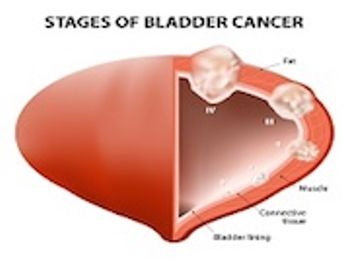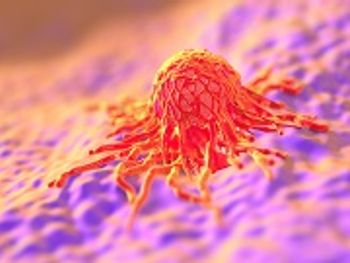
Pharmacists and pharmacies have become key players in improving patient outcomes.

Pharmacists and pharmacies have become key players in improving patient outcomes.

Redox active iron molecules react with vitamin C and increase cancer cell vulnerability.

Drug combination increases the efforts of killing cancer cells.

Top articles of the week from The American Journal of Pharmacy Benefits.

Top news of the week in oncology and cancer drug development.

Tool could improve detection of cancer, bacterial and viral infections.

Early detection found to improve survival in bowel cancer.

2D material nanopores are able to map DNA methylations.

Lung cancer screening rates among this high-risk population remained alarmingly low.

Findings could help improve treatment efficacy for patients with ALL.

Decline in cancer incidence rates most likely driven by modern antiretroviral therapies.

MicroRNA 506 triggers autophagy-related cell death in pancreatic cancer cells.

Hyper-sensitive test detects tumors earlier than current technology.

Protein determines whether breast cancer cells become resistant to tamoxifen.

Avella Specialty Pharmacy has issued its Outlook on Oncology report, a fact-based analysis that depicts the current state of the oncology industry and explores the trends, opportunities and new developments affecting cancer care delivery.

Protein determines whether breast cancer cells become resistant to tamoxifen.

Relapsing-remitting multiple sclerosis treatment found to trigger programmed cell death.

Atezolizumab is the first and only approved anti-PDL1 cancer immunotherapy.

Accelerated approval granted to atezolizumab (Tecentriq) for locally advanced or metastatic urothelial carcinoma in patients who are ineligible for cisplatin.

Immune cells are seized to help cancer cells spread and grow.

Liposomes containing a prodrug effectively exploited hypoxic areas of lung cancer tumors.

Polymer capsules that could play a key role in delivering targeted cancer therapies.

A novel polymer capsule may be able to deliver cancer drugs to a tumor site.

New technique determines whether cells have been exposed to a cancer-causing toxin.

Employing proteogenomics helps identifies therapeutic targets in breast cancer.

Women given vitamin D3 and calcium supplements had a 30% lower risk of cancer.

Selective androgen receptor degraders show promise as treatment for castration-resistant prostate cancer.

Top news of the day from across the health care landscape.

Findings may explain why some patients with cancer respond to immunotherapy while others do not.

An artificial intelligence platform detected 92.4% of breast cancer tumors.